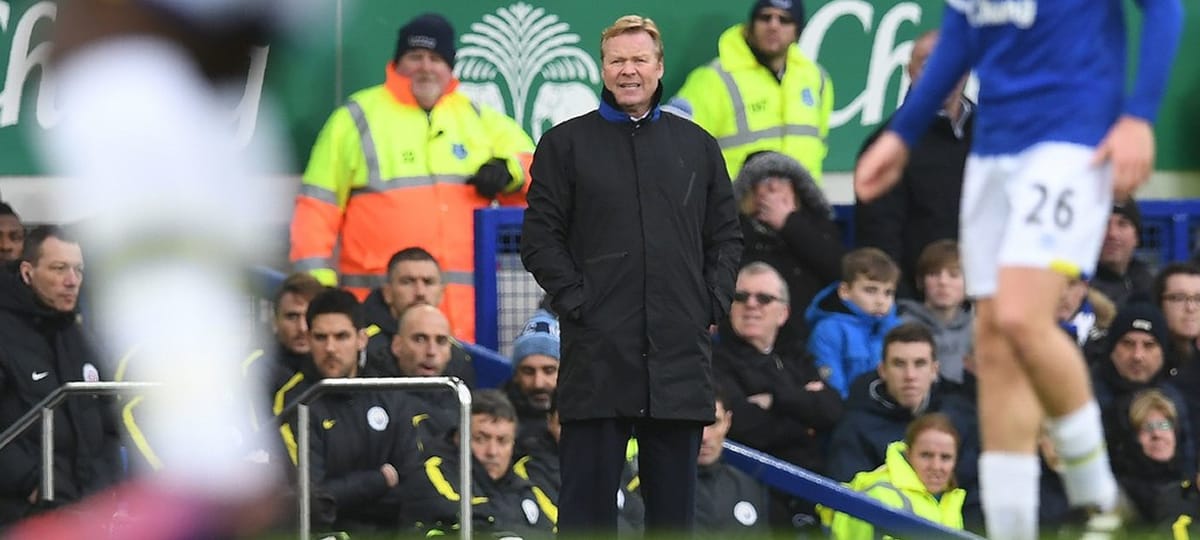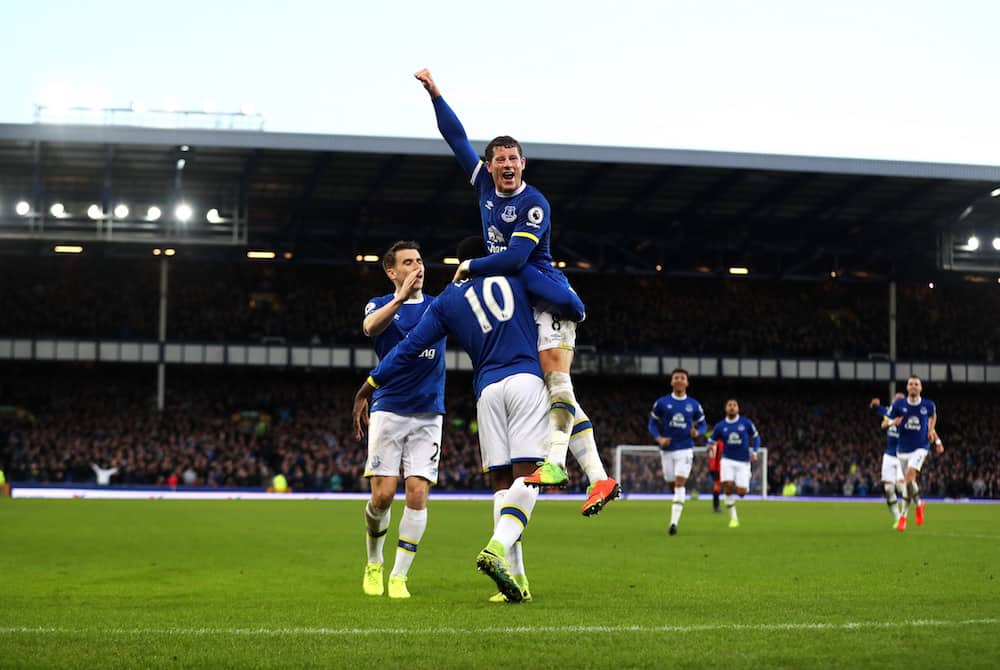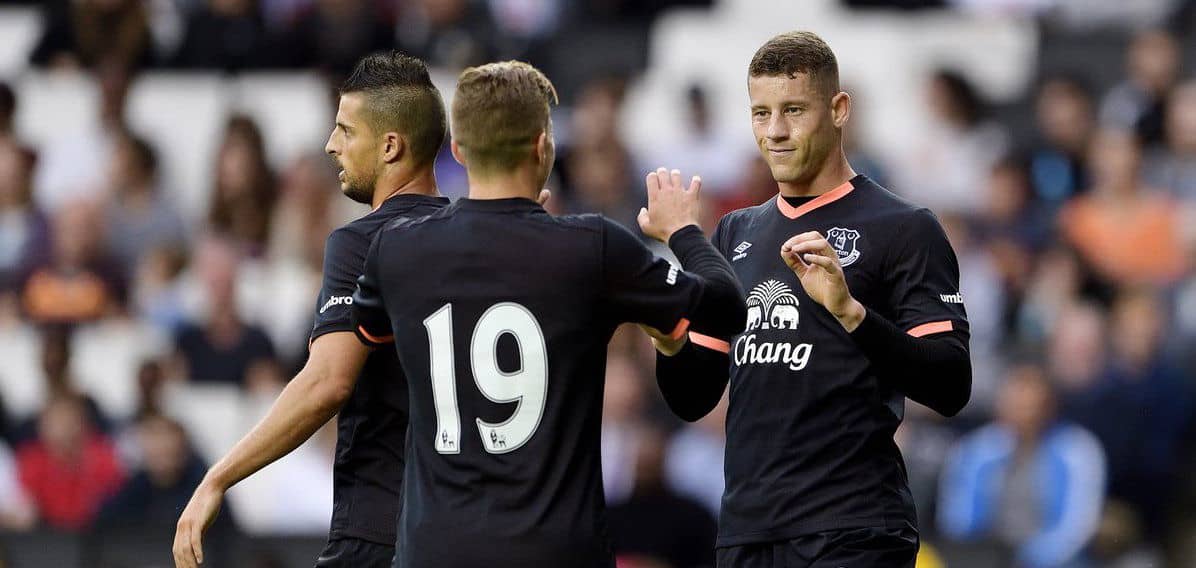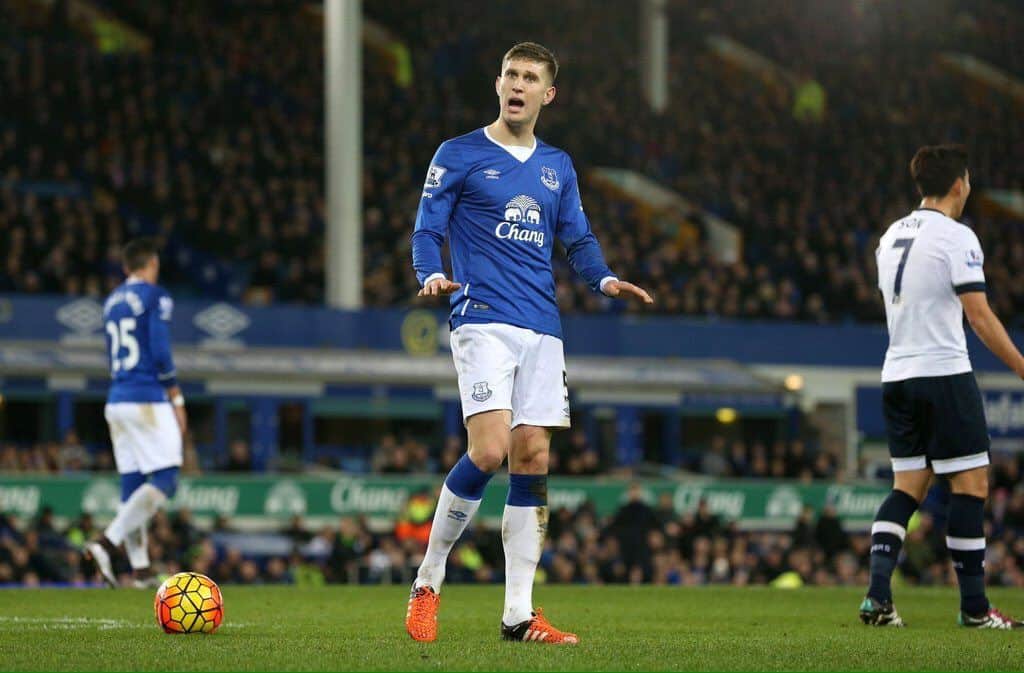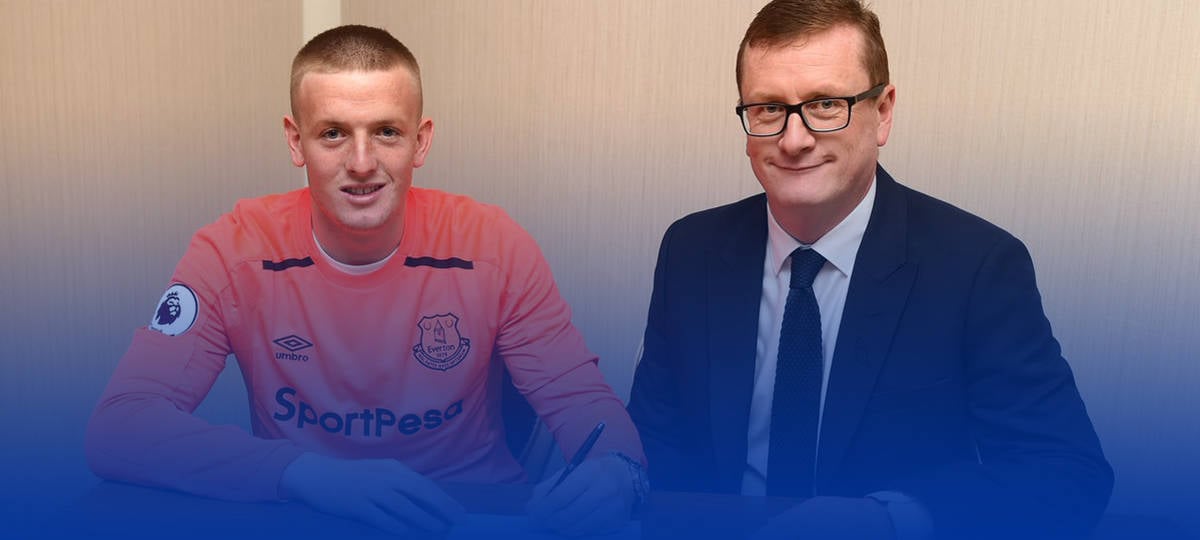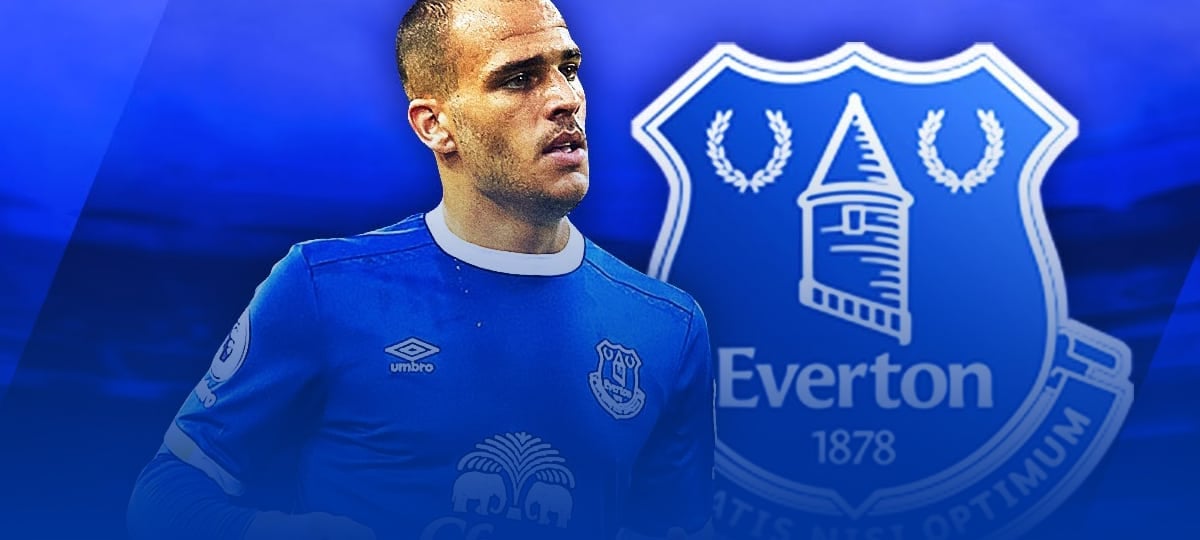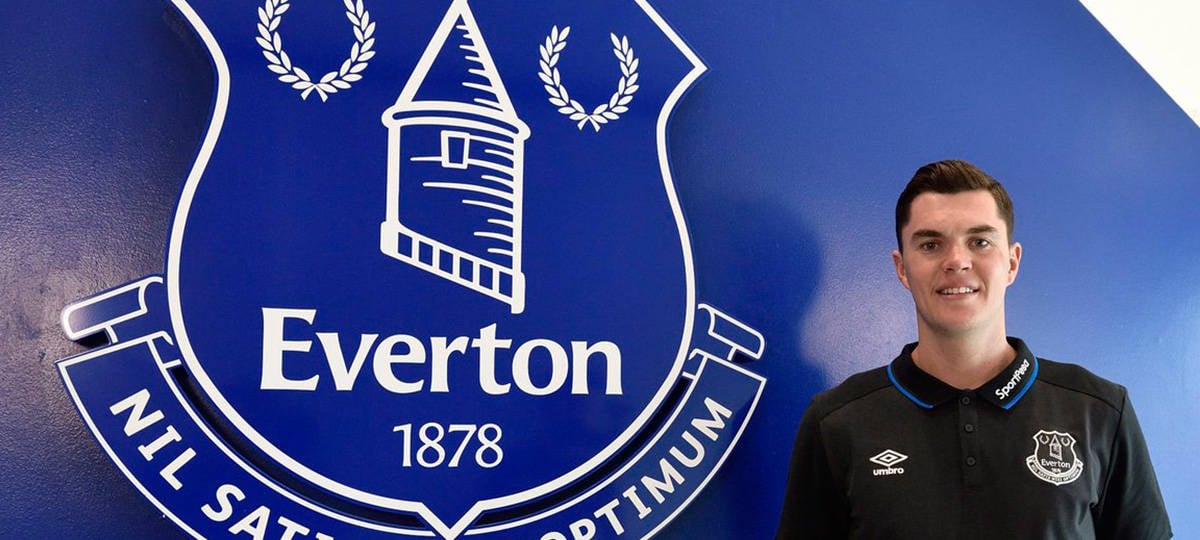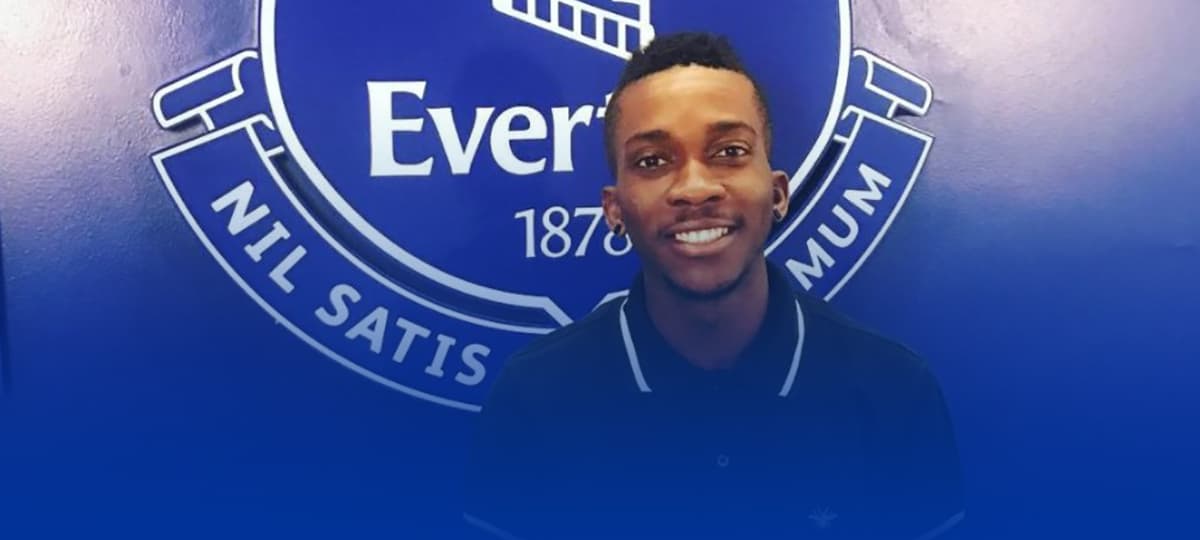Game of the Day: Liverpool 0-2 Everton, 1970 via Everton Arent We
Everton finished the 1968/69 season in third, having scored 77 goals, and conceded 36. The next campaign saw them tally up five fewer in their favour, with the defensive record improved to the tune of two goals. And yet they won Division 1, finishing nine points clear of second-placed Leeds.
Colin Harvey believed the Blues had peaked the season before their title triumph. Harry Catterick’s side won three Goodison games 3-0, three 4-0 and threw in one 7-1 thumping of Leicester for good measure, but were less sure of themselves on the road. Everton failed to win as many away games, 14, as they won on home soil. 1969/70 brought with it some grit and determination; only 26 goals were scored in 21 away matches, but, crucially, a mere 15 were shipped. Couple that with fine home form once more – only one away side won at Goodison that season, and I’ll offer no prizes for guessing who – and Catterick had discovered the formula for success.
It had been clear for a while that Everton were building up to a triumph, and so it proved. Despite lengthy absences through injury for the talismanic Brian Labone, Everton had a steel that allowed them to ground out victories if needed. They won nine games 1-0, five of them away, but the Toffees were still able to let loose; Chelsea and Stoke suffered 5-2 and 6-2 thrashings respectively at Goodison.
The season started exceptionally – 15 wins from their first 20 games meant Everton were holding Leeds and Liverpool at arms’ length. Defeat to the Yorkshire side at the end of December precipitated a lean spell, as a series of draws meant it had once more become a two-horse race at the top.
One productive week was all it took to stop the rot. On March 7, goals from the Alans, Ball and Whittle, sealed a 2-1 win over Burnley. Four days later, Spurs were defeated at White Hart Lane. They came up to Goodison three days after that, and were seen off by a 3-2 scoreline.

From a period of real unrest, Everton had established a three-match winning streak in no time. Their next task, on March 21, was to defeat Liverpool at Anfield and take a huge step towards the title. They met a Liverpool side who came into the match off the back of a 3-0 win over relegation fodder Sheffield Wednesday, but who were also set for a third straight season without any major silverware. It would in fact be another three years until Bill Shankly could rediscover his magic touch. The Reds were good at home but suffered on the road, and so their title challenge had petered out long before the second derby of the season. One month before that, their last chance at winning a trophy had been snuffed out by an FA Cup quarter-final defeat against second tier Watford. Portuguese side Vitoria Setubal had stunned Shankly’s side in the second round of the Fairs Cup, winning on away goals. Hopes of glory were quashed, but they could still put a serious dent in their rivals’ quest for the championship.
Everton lined up in the Anfield quagmire without Labone but full of confidence. Joe Royle had reached 20 league goals the previous week, and was looking for more at Everton’s former home. Gordon West was as excellent that season as in any, and is rightly remembered for being one of the club’s best-ever goalkeepers. Whittle was credited with a host of critical goals and assists in the campaign. The others – Tommy Wright, Sandy Brown, Roger Kenyon, John Hurst and Johnny Morrissey, were all important parts of the side. But three names tend to stick out now, as they did then.
Colin Harvey, Howard Kendall, Alan Ball. The Holy Trinity.
The triumvirate have a mystical quality for those – such as myself – who never got to see them play. And yet those who witnessed them have a similar sense of awe. They were the perfect complement: Kendall, the tough-tackling ex-defender with an eye for a pass; Harvey, who had the skill and the ability to cover ground; and Ball, the white-booted superstar, who notched 11 goals in the title-winning season. Kendall and Harvey got eight between them, though the latter’s special strike against West Brom was the one that secured the title. With the three of them at the peak of their powers, anything was possible – even an Anfield victory.
A Fred Pickering-inspired 4-0 thrashing in 1964 was the last time Everton had tasted success across the park – they had only enjoyed victory twice at Anfield since the end of the Second World War, mostly thanks to the two sides taking turns to duck out of the top flight in the 1950s. Success was long since overdue.
The atmosphere was, of course, raucous. There were almost 55,000 fans packed inside Anfield and, without the sort of regulations on away fan quotients that exist now, plenty of that crowd were there to support the visitors.
It only makes sense that, ten minutes into proceedings, the Holy Trinity were all involved in the opening goal. Ball took down Hurst’s long pass at midriff-height and laid the ball off for Kendall, who centred it to Harvey. Everton’s number six had already noticed Morrissey making tracks on the left, and swept the ball across to the Blues wide man. Morrissey shifted the ball onto his right foot and delivered a wicked ball deep into the penalty area. Ray Clemence came for it, but Royle got there first. His tame header looped into the air and dropped into the unguarded net. Cue an eruption of noise from the blue half of Merseyside – or the blue half of the ground, so it seemed. The look of sheer delight on the face of Everton’s number nine said it all.
Even at such an early juncture in the game, Everton were good value for the lead. They kept up the pressure, but while there was only a single goal in it, Liverpool still had the potential to provide a sucker-punch. Ball was dispossessed by Tommy Smith, who charged forwards and slipped a pass in to Ian Callaghan. The Liverpool striker would have been odds-on to score, had Hurst not intercepted at a crucial moment. Especially crucial, as Everton would go up the other end and score.
After Ball was felled near the half-way line, Brown delivered the set piece into the penalty area. Royle used his aerial prowess to win the ball and keep it in the danger zone. Ball got there first, and nodded down to Harvey, who unleashed an effort from the edge of the box. The twice-deflected shot didn’t look like much of a threat until Whittle intervened. His touch took the ball past Clemence and sealed victory for Everton at Anfield – as hopefully Tom Davies, his nephew, will one day do.
The 2-0 victory took Everton three points clear of Leeds, who were hoping that the Blues would drop points during the run-in. They would – once, on the final day away at Sunderland, with the title long since secured. In their next game, Catterick’s side ended Chelsea’s slim chances of catching them with the aforementioned 5-2 win, before Stoke, West Brom and Sheffield Wednesday were also put to the sword.
It was that Anfield victory, though, that confirmed what most Evertonians already knew – that they were worthy champions. There have been few Everton incarnates as deserving of glory since.
Read Full Article
Continue reading...


